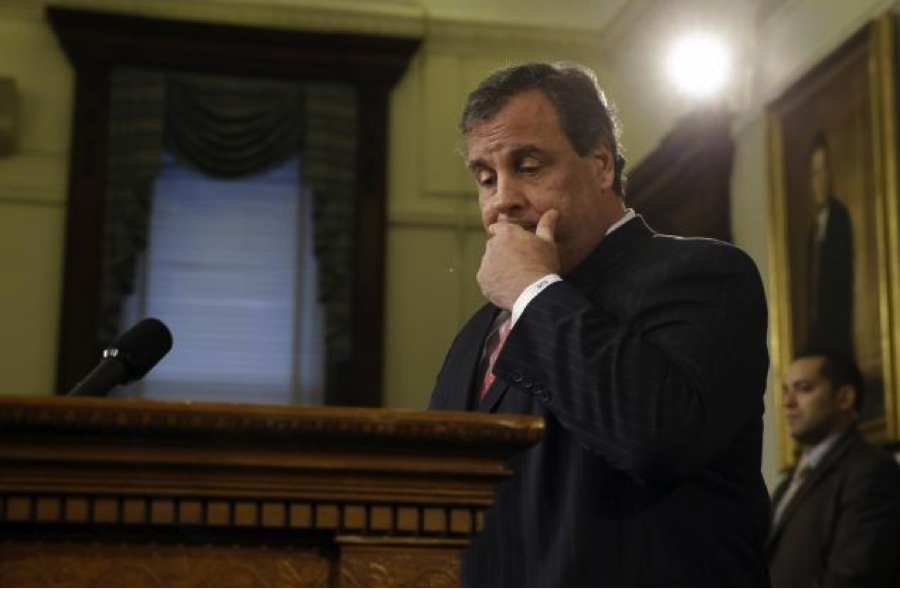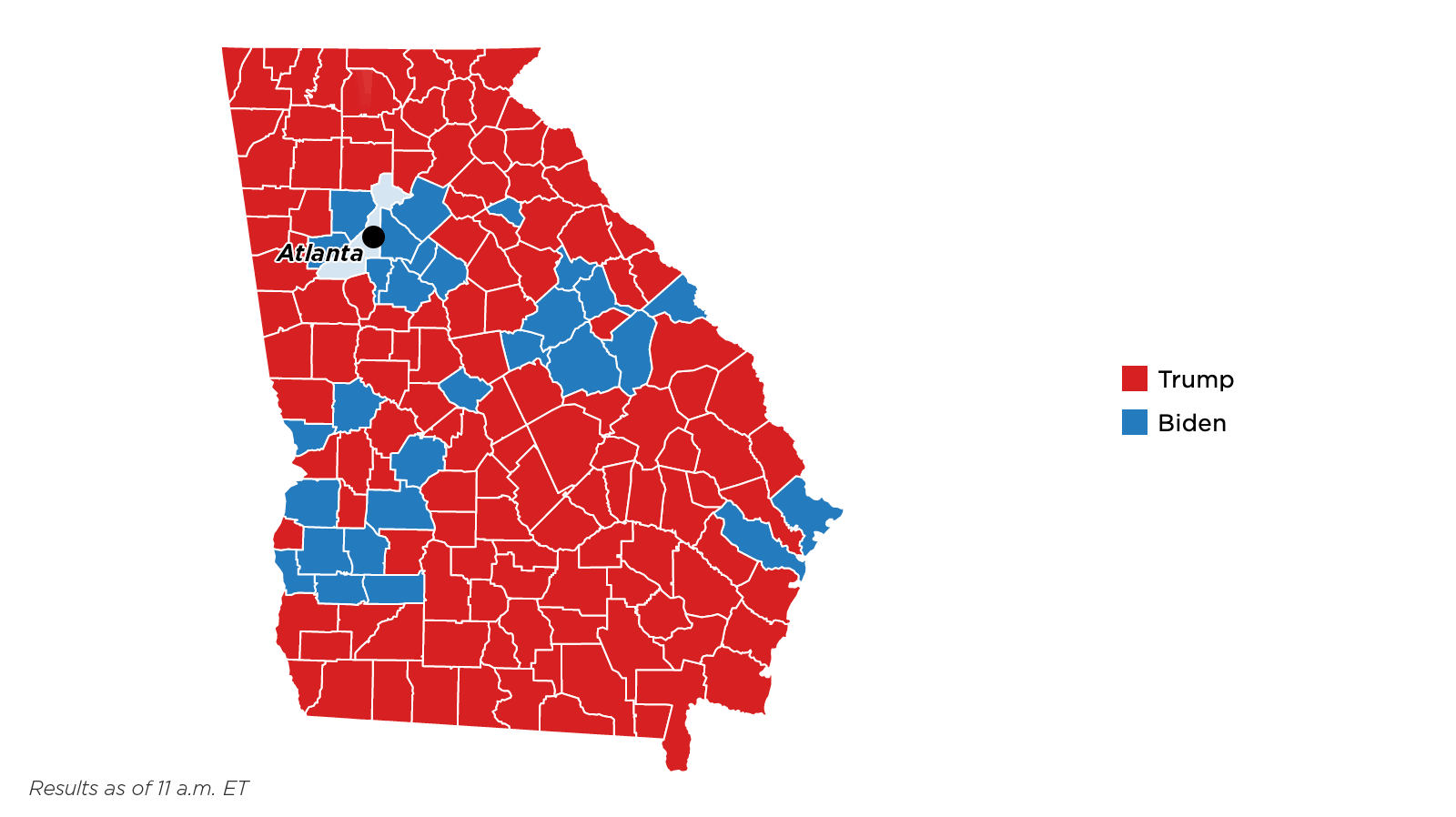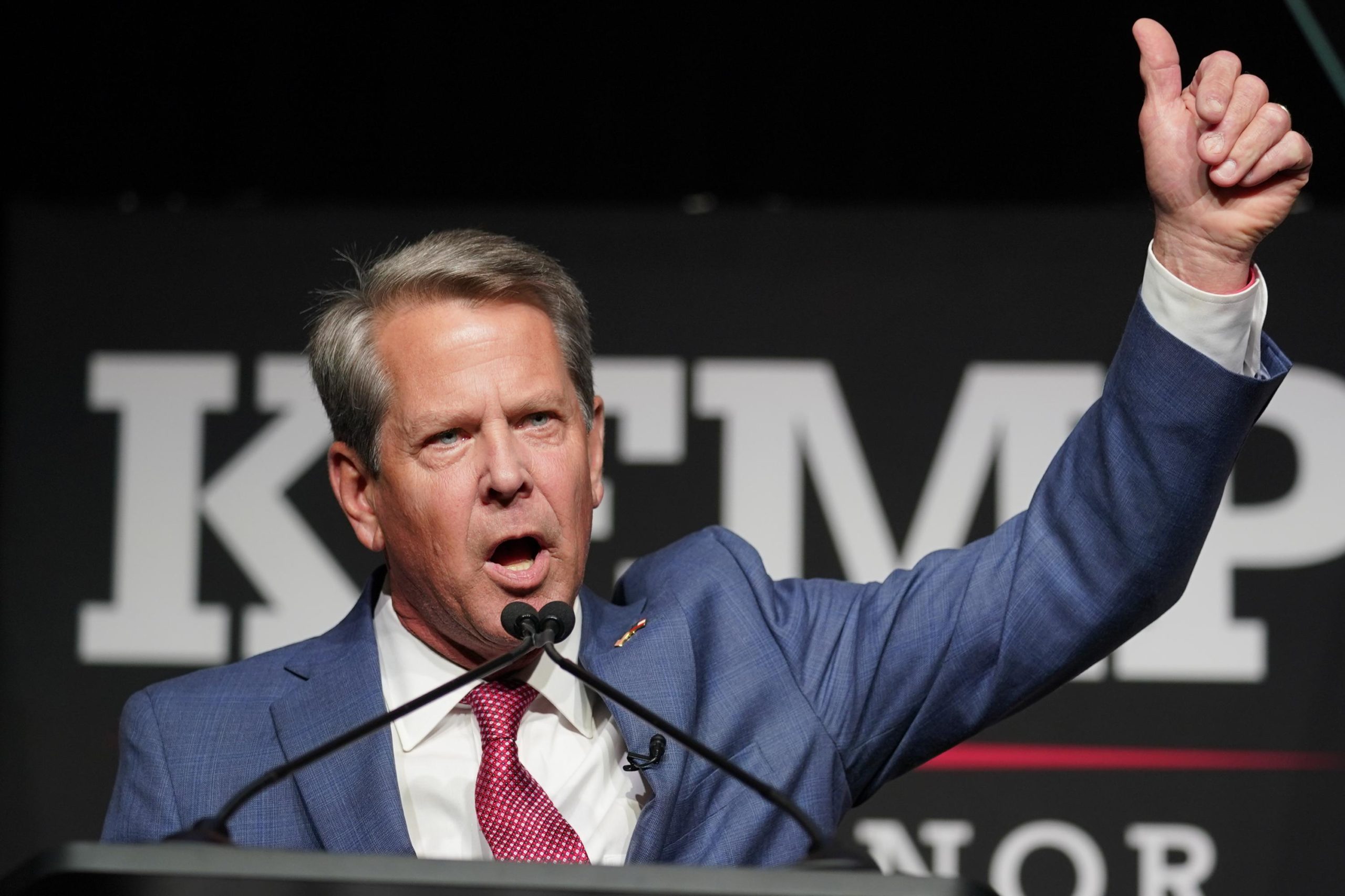By: Korey Boehm

It is no secret that the Republican Party has fallen on tough times recently in terms of its national appeal. Its candidate was easily beaten in the 2012 Presidential election, and the Democrats prevailed in the national popular vote in the Congressional elections as well. Quite simply, the Republicans are not conveying a message attractive to enough voters. A Gallup poll last week indicated that the percentage of Americans who identify as Republicans has reached a 25-year low. To make matters worse, the party is weakest with the most rapidly expanding demographics: minorities and the youth.
Following its disastrous 2012, the GOP has tried to cultivate a more tolerant image that would allow them to win back many of those they have alienated in recent years, namely the independents. In doing so, the party establishment has widely embraced New Jersey Governor Chris Christie as its frontrunner for the 2016 Presidential election. A man known for his genuine independence, he has challenged his own party many times. He publicly supported President Obama during Hurricane Sandy just prior to the 2012 election, endorsed in-state tuition for illegal immigrants, and even stopped his fight against gay marriage when the overwhelming majority of his home state citizens were clearly in favor of it.
After delivering the keynote address at the 2012 Republican National Convention, Christie has continued to gain momentum towards a 2016 Republican nomination, including winning reelection by a stunning 22-point margin. This past November, a Quinnipiac University National poll found that by 18 points, Americans thought that he would be a good president. By comparison, a whopping 41 percent less people felt the same way about the Republican Party as a whole.
However, all of that positive momentum came to a screeching halt last week when it was discovered through released emails that a top aide to Governor Christie “orchestrated massive traffic problems in Fort Lee, New Jersey last fall as an act of political retribution against the city’s Democratic mayor.” The lane closures resulted in an enormous, weeklong traffic gridlock that delayed school buses, first responders, as well as commuters to and from New York City. Christie fired those responsible, but questions remain as to why he did not press his staff earlier for proof that they were indeed innocent, choosing instead to take them at their word.
As if his week was not bad enough, the Governor learned just days later that federal officials are investigating his allocation of the Superstorm Sandy federal relief funds that his state received. It is alleged that Christie “improperly used some of that money to produce tourism ads that starred him and his family.” If the allocations prove to be true, that would mean that Christie made personal use of funds that should have been used to help victimized families rebuild their homes. Thousands of people have yet to receive their settlements, and the news that their Governor may have kept some of that funding from them has spurred protests across the state.
What is so politically troubling for Christie about these allegations is that they play right into the Democrats’ hands in future elections. As E.J. Dionne of Real Clear Politics points out, the biggest fear of Republicans against big government “is that a leader … will abuse the authority of the state arbitrarily to gather yet more power, punish opponents and, in the process, harm rank-and-file citizens.” Ironically, this is an extremely fitting description of the allegations against Christie, providing unlimited ammunition for his future opponents.
As potentially devastating as this news is for Christie himself, it is perhaps more disconcerting for the Republican Party as a whole. This is because there does not appear to be any other GOP contender capable of competing with the Democratic frontrunner, former Secretary of State Hillary Clinton. Every poll currently has Christie approximately tied with Clinton, whereas every other prospective Republican candidate is trailing her by upwards of double digits. This includes Marco Rubio and Jeb Bush, two presumed Republican candidates should Christie drop out. Those two men trail Clinton by 19 and 21 points respectively, according to a December CNN poll.
Without Christie, the Republicans would in all likelihood be forced to nominate a more socially conservative candidate, like Rubio or Bush. This would mitigate the efforts mentioned above to appeal to more women, minorities, and independents. As it so happens, Christie polls well with all of those groups, according to the Quinnipiac poll referenced earlier.
The numbers are unmistakable and unwavering: if it hopes to get back on top, the Republican Party needs Chris Christie. They know it, he knows it, and, the Democrats know it. In its time of distress, he has essentially become the Republican beacon of hope for the future, which is precisely why his latest missteps have such potentially devastating reverberations for the party.
This weekend, Christie will travel to Florida to persuade Republican donors. He is due to appear in several fundraisers for Florida Governor Rick Scott and the Republican Governors Association. This will be his first chance to shake off the cloud of scandal he is currently engulfed in, and the results of those fundraisers will be very telling as to how bright his beacon still shines for the Republicans in 2016.

